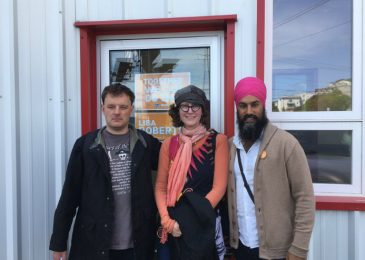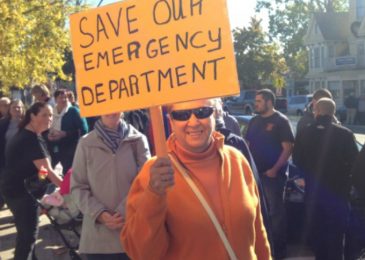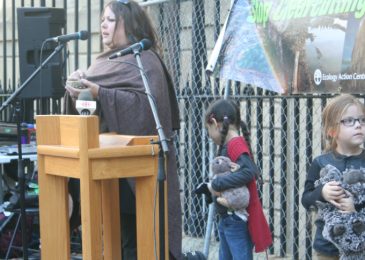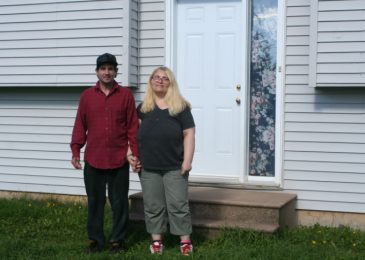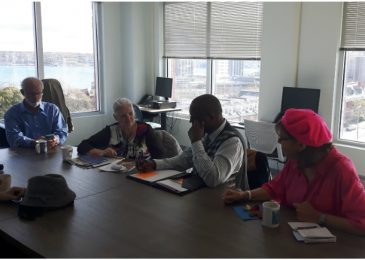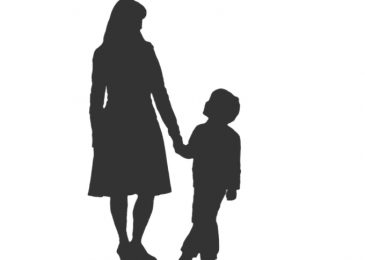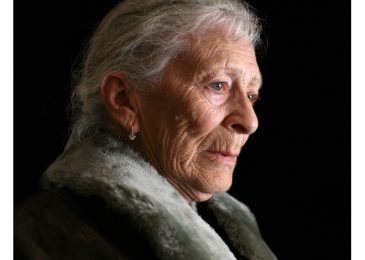Darryl Leroux: An open letter to Dalhousie administration on its treatment of Masuma Khan
“Should I counsel students at Dalhousie not to critique social institutions or practices, or not to invite academics who may do so, for fear of reprisals on the part of Dalhousie University, lest a student file a complaint that actually affirms the analysis in question?” Saint Mary’s professor Darryl Leroux writes an open letter to Dalhousie University administration pointing out that disciplining Masuma Khan for her FB post on white fragility exemplifies precisely the type of racism that is rampant on university campuses, including at Dalhousie.
Attached to the letter is an abridged version of a keynote address on white fragility in academia that professor Leroux delivered last year to the Dalhousie Arts and Social Sciences Society. This lecture is eerily applicable to what is transpiring at Dalhousie right now.



